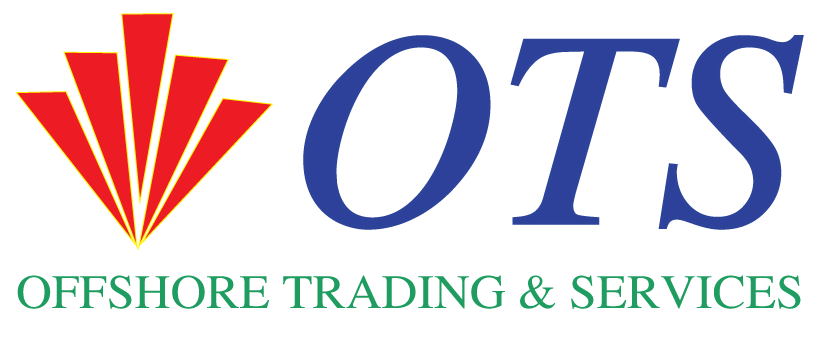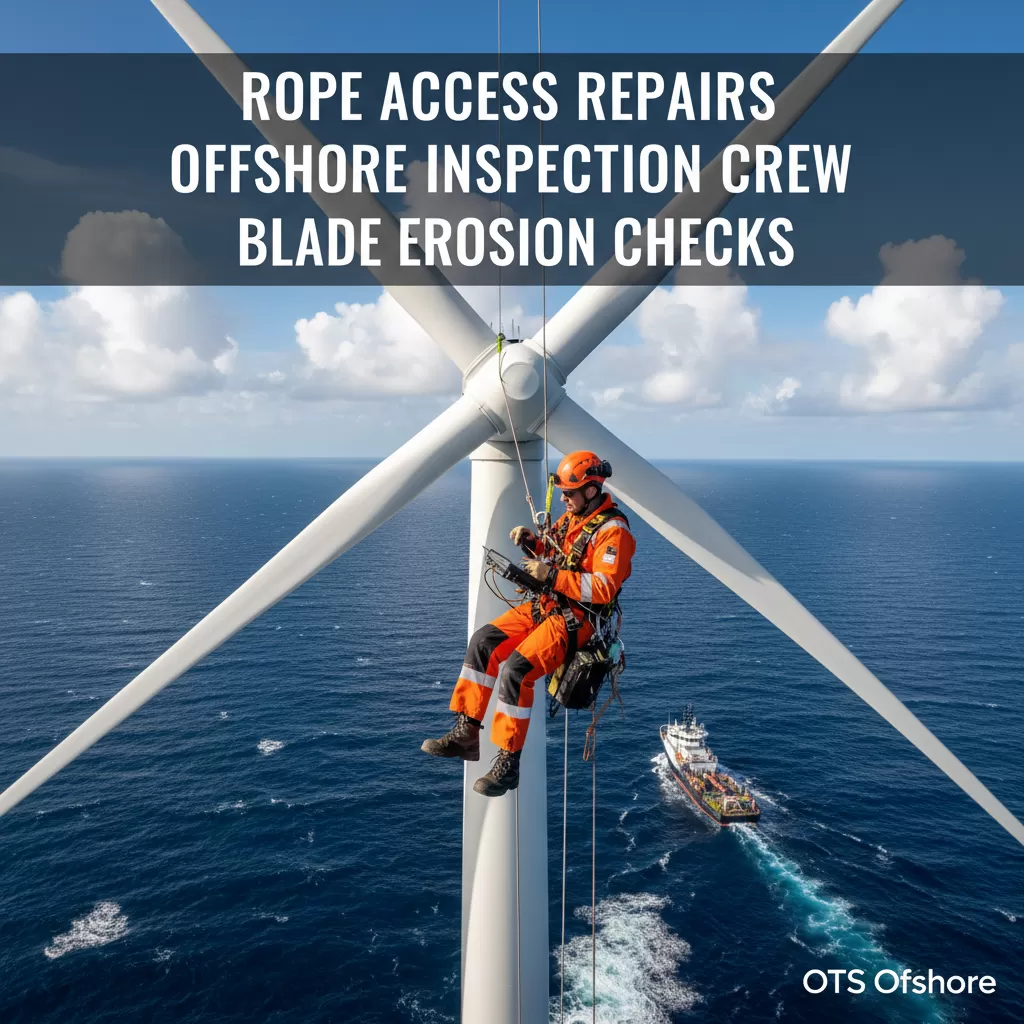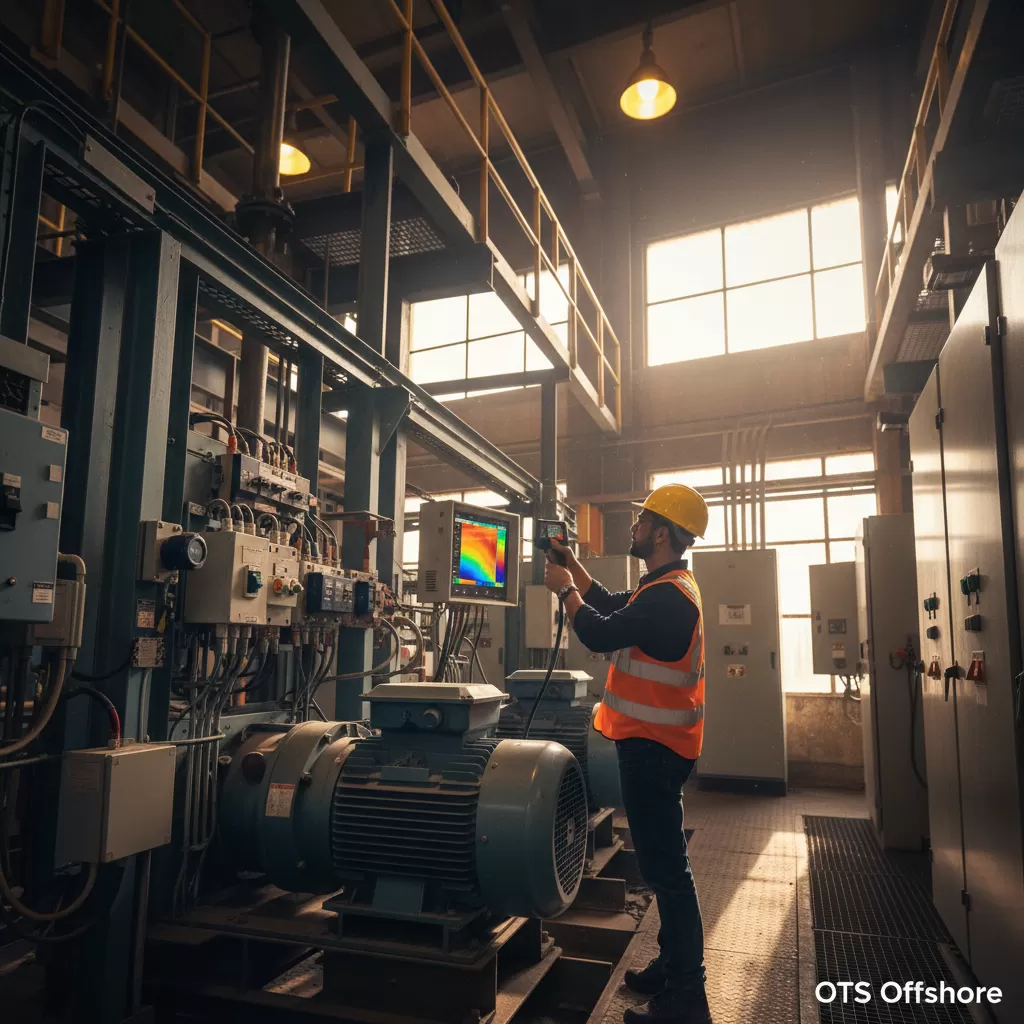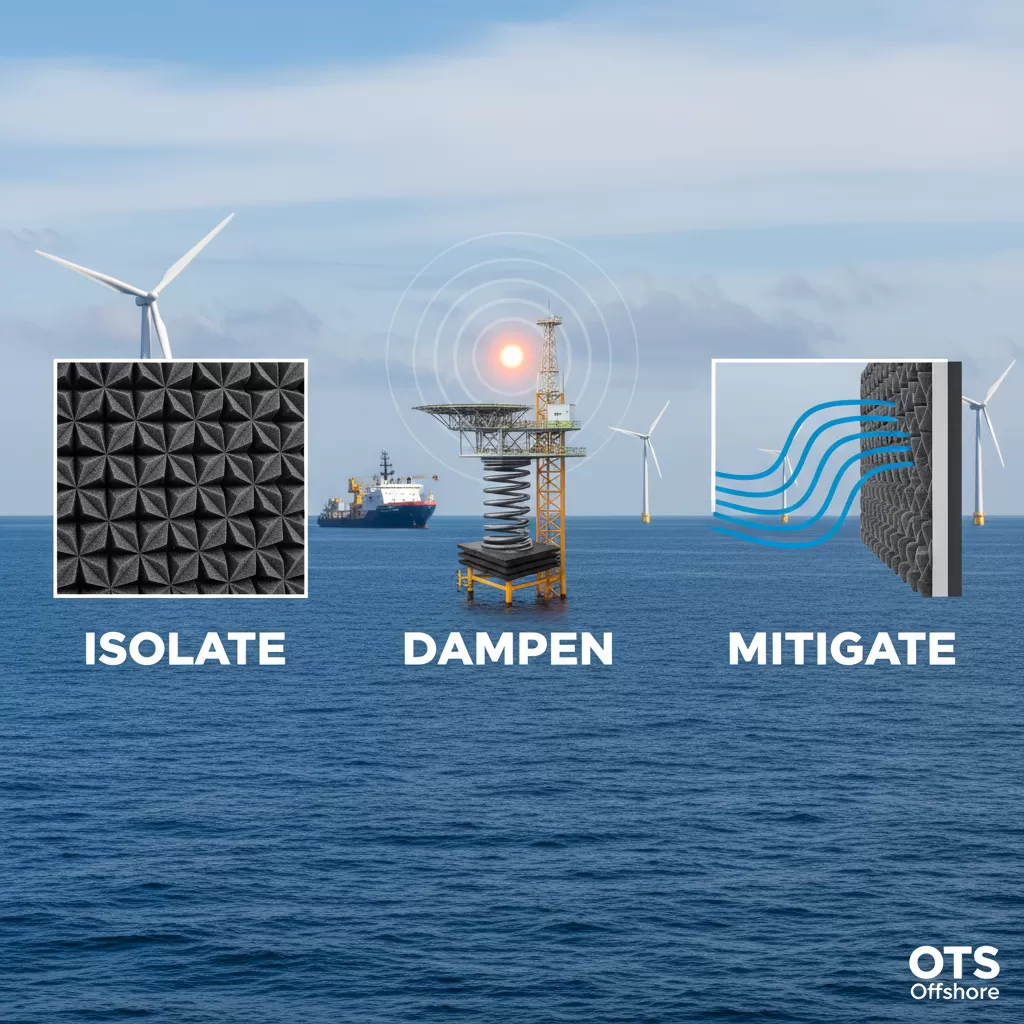
API 653 Training for Oil and Gas Professionals
In the dynamic world of the oil and gas industry, ensuring the integrity and safety of aboveground storage tanks (ASTs) is paramount. The API 653 standard, developed by the American Petroleum Institute (API), provides comprehensive guidelines for inspecting, repairing, altering, and reconstructing these critical facilities. API 653 training is essential for professionals aiming to excel in this critical field.
#### Course Objectives
PetroSync’s API 653 training course is designed to equip participants with the necessary engineering knowledge for in-service storage tanks. The five-day comprehensive program focuses on the syllabus published by API, ensuring that participants gain a deep understanding of the standard. The objectives of this training include:
1. **Clarifying Code Prescriptions**: Participants will learn to interpret code rulings, understanding the basic intentions and requirements of all code prescriptions related to ASTM.
2. **Developing Technical Competency**: The training aims to enhance technical skills, covering topics like tank design engineering, in-service inspection techniques, damage mechanisms, cathodic protection, and lining of tank bottoms.
3. **Building Confidence for Decision-Making**: Through hands-on exercises and practical case studies, participants will build confidence in making informed decisions regarding ASTs.
#### Key Areas Covered
The API 653 training program is divided into six main areas, ensuring a holistic understanding of the subject matter:
1. **Basic Storage Tank Design Engineering (API 650)**: Participants will learn the fundamental principles of designing aboveground storage tanks, including dimensions, materials, and constructions.
2. **In-Service Inspection Techniques (API 653/RP 575/RP 577)**: This section focuses on the methodologies and best practices for inspecting ASTs during their operational phase.
3. **Damage Mechanisms (API 571)**: The course covers the identification and management of potential damage mechanisms such as corrosion, stress cracking, and mechanical fatigue.
4. **Cathodic Protection (API








